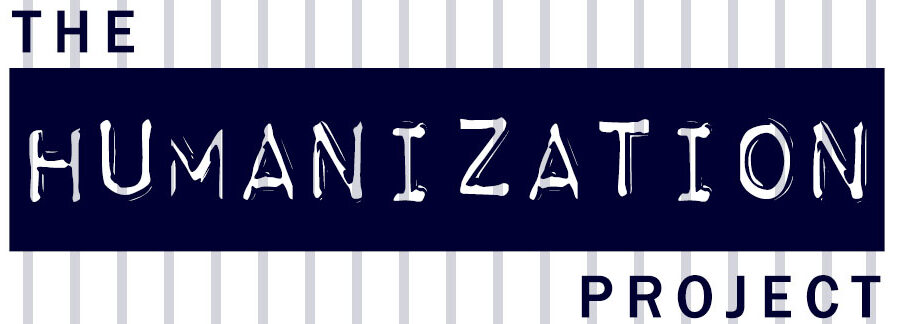Academic Research
Science, too, has often overlooked the human side of mass incarceration. Even as social science has (recently, at least) studied causes and effects to produce copious evidence of systemic inequality and discrimination, fueling calls for reform, much has been left unmentioned or inaccessible. One of our funders was part of the effort even before experiencing the system’s brute injustice personally. Yet even he was shocked to his core by the human strengths and diversity found inside. With help and encouragement from colleagues outside, he embarked on a mission to put to use his unprecedented (literally) combination of academic training and full sub-cultural immersion to advance the sociological dialogue surrounding imprisonment.
Housed at Greensville when it hosted Virginia’s last executions, he was deeply impacted by how the population responded to death scheduled by the state in the next building over. The first foray here was a brief ethnographic description of his first execution day. Click here to read more.
In partnership with Dr. William Cook and Jack Doxey, he then began earnestly examining the lives of the many positive leaders behind bars. The social sciences, he realized, had a detrimental focus solely upon the problems in the system, under-considering the resiliencies and successes occurring despite the system-wide problems. Fully embedded, he was able to learn deeply about the lives and driving forces of dozens defying the confinement and desperation endemic therin. This study (read here) provides a window into how such success might be replicated, with more analysis to come from this data.
Currently, we are organizing additional ethnographic interviews, this time focusing first upon the parenting and familial experiences of people behind bars. The most overlocked and broadest impact of mass incarceration is on millions of loved ones. Once these interviews have been conducted, we intend to further explore the reality of drug use and abuse in the lives of those behind bars. Despite endless quantitative studies of everyday drug consumption, virtually no attention has been paid to this hugely impactful aspect of imprisonment.
Our founder will be out fairly soon, so he is working to secure as many deep, lengthy, qualitative interviews as possible beforehand. Upon release, these will expand our academic portfolio, such as writing is tedious and clunky when stuck without a computer on which to type and save or internet access to find references.
Recent Publications
Meaning, Purpose, and Hope: Reflections on Religion, Spirituality, and Life of Leaders Behind Bars
Written by: Taj Alexander Mahon-Haft, John Doxey & William J. Cook, Jr.
Journal of Religion and Society
Meaning, purpose, and hope in the context of religion and spirituality in the lives of individuals
sentenced to a state penitentiary who demonstrate leadership qualities was investigated.
Utilizing in-depth interviewing of 23 subjects, an experienced doctoral level sociologist and
participant observer explored questions about attitudes and practices related to religion and
spirituality. Results confirmed that nearly all of the subjects drew strength from spirituality,
while utilizing differing strategies to cultivate meaning, hope, and purpose.
